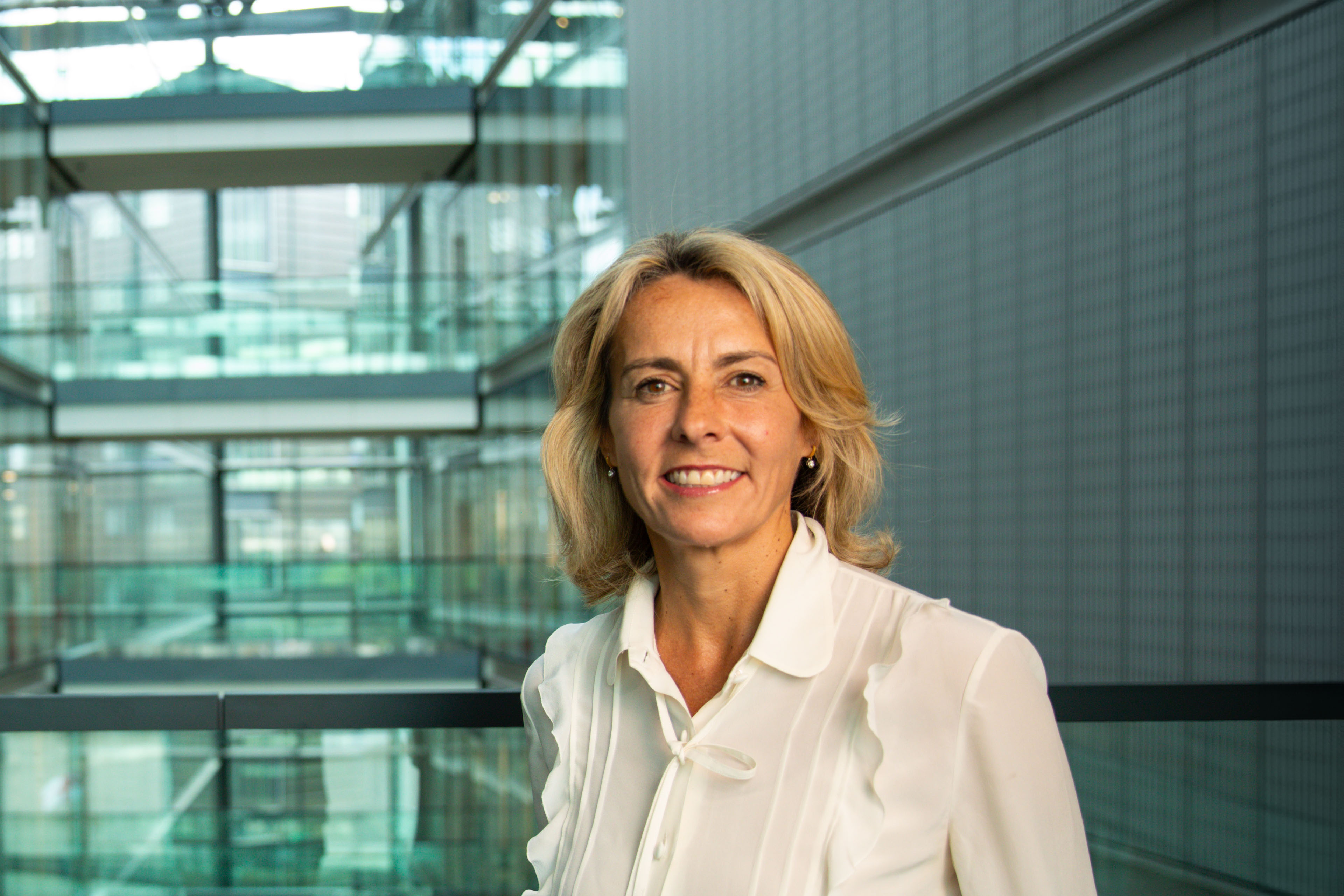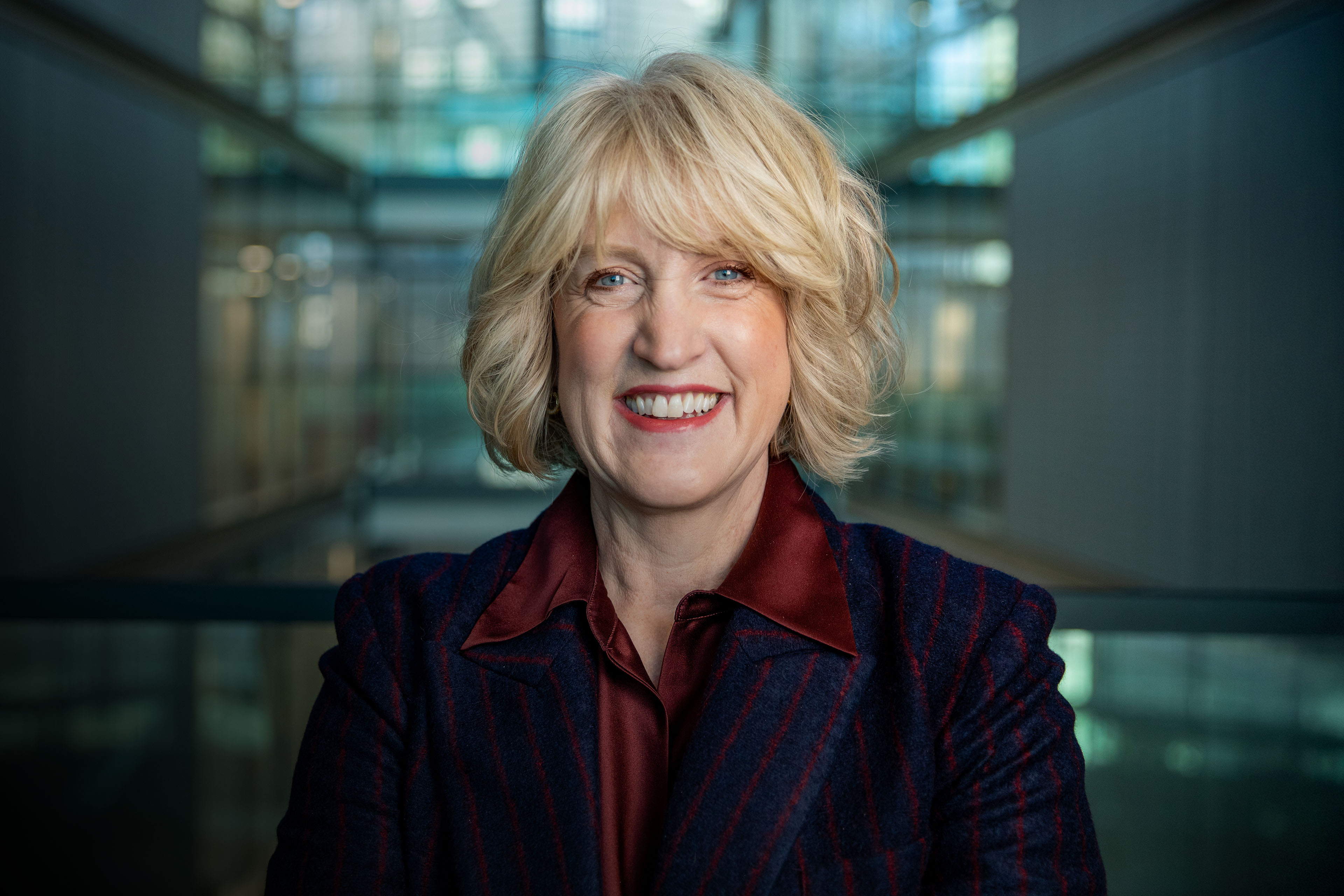EY refers to the global organization, and may refer to one or more, of the member firms of Ernst & Young Global Limited, each of which is a separate legal entity. Ernst & Young Global Limited, a UK company limited by guarantee, does not provide services to clients.
Next generation workforce
What EY can do for you
In a future defined by careers that don’t yet exist, workers will need more than technical skills. They’ll need the distinctively human qualities that support professional evolution in a rapidly shifting world: the ability to adapt, the desire to constantly learn new things and the capacity to innovate better answers to complex problems.
As part of the EY Ripples vision to positively impact one billion lives by 2030, the EY organization supports the next generation workforce to help prepare young people and underserved groups for the working world of the future. We’re seeking out innovative approaches to teach transferable skills, so that tomorrow’s workers can find and sustain meaningful work amid constant change.
Around the world, EY teams are supporting the next generation through:
Mentoring for the future of work
EY professionals directly support youth and underserved groups, sharing their knowledge and skills one-on-one or in group mentoring settings. Mentoring programs cover a diverse range of topics including STEM, environmental literacy, job shadowing, entrepreneurialism and more. We’re working to scale promising models on virtual platforms in order to bring EY skills, experience and guidance to even the most remote corners of society.
Skills development workshops
EY teams have developed EY Future Skills Workshops — a suite of 90-minute to half-day sessions that dive into future-focused topics not always taught in schools. Typically run virtually and led by EY professionals, topics covered include environmental sustainability, emerging technology, civic literacy, financial literacy and more. By inspiring students aged five to 22 to explore these topics, workshops aim to help them unlock new passions, explore potential career paths, and develop the mindsets and skills needed for the future working world.
Already provided in more than 40 countries, subject matter is now also being made available directly to educators to teach in their classrooms. Working with SAP, content on design thinking and entrepreneurship has also been successfully converted into text-based learning, helping bridge the digital divide by making this learning accessible to anyone with a mobile phone.
The EY Ripples team is keen to explore further collaborations that can make the development of future-focused mindsets and skills more equitable and inclusive. If interested in accessing EY Future Skills Workshops content, please contact us.
Collaborating with leading nonprofits and companies
Young people and employers alike increasingly recognize the value and importance of mindsets and skills that can help them adapt and thrive, whatever the future holds in store. As demand for these skills increases, so does the need for collaboration across the public, private and nonprofit sectors to make this learning available at scale. The EY Ripples team continues to forge strong relationships with like-minded organizations, at both local and global scale, so that we might achieve together what no one organization could achieve alone. This includes working with clients and corporate collaborations, such as SAP, Microsoft and the Alliance For YOUth, as well as with leading nonprofit organizations, such as JA Worldwide (Junior Achievement) and Teach For All.

The team
Our latest thinking
How digital collaborations can help close the learning poverty gap
Digital tools and capabilities in the hands of teachers in low-income countries help to empower and support future leaders.
How to broaden access to future-focused skills
Programs, such as the EY Future Skills Workshops, can make vital knowledge more accessible to all. Learn more.









